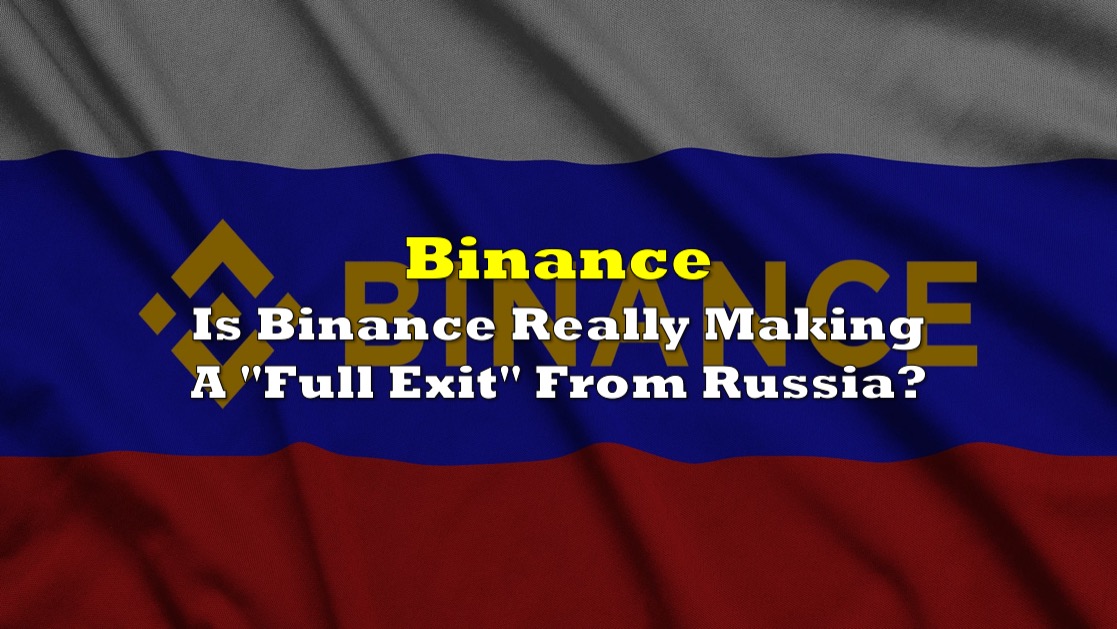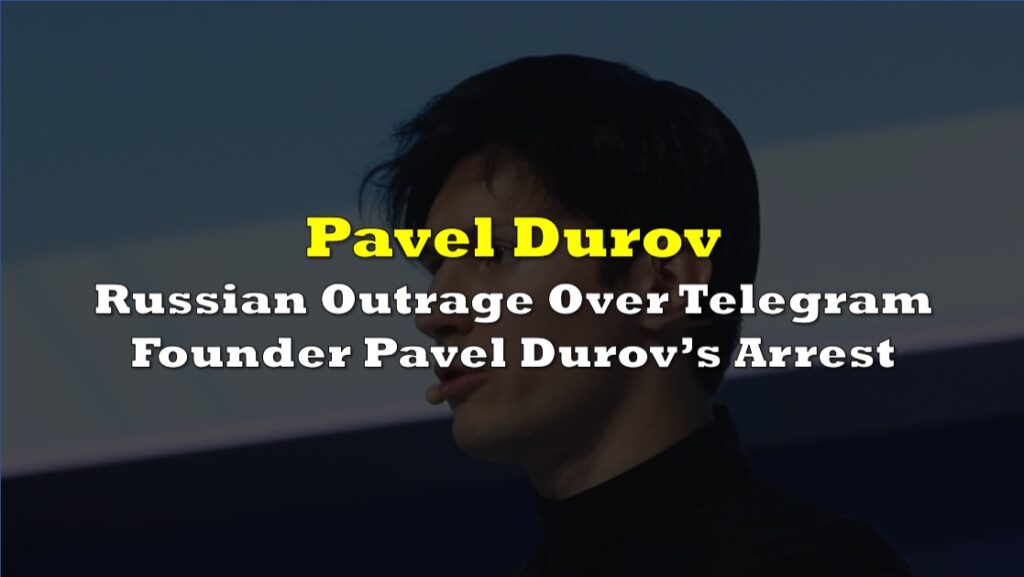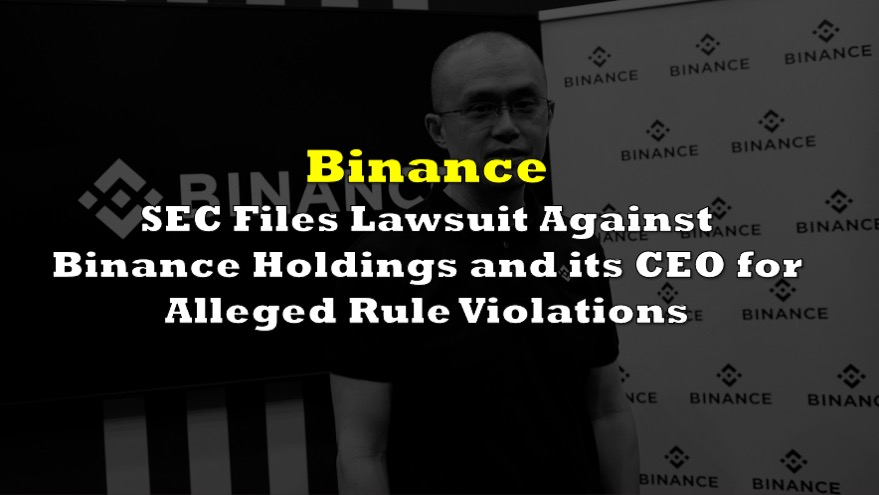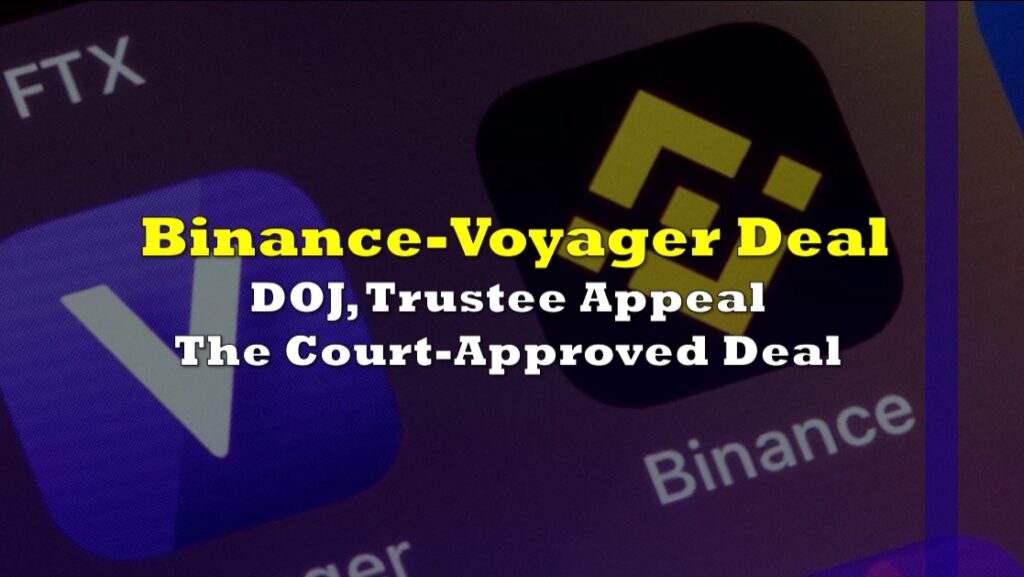Binance has officially entered into a strategic agreement to divest its entire operation in Russia, transferring it to CommEX. To ensure a seamless transition for its existing Russian user base, the off-boarding process is expected to span over the course of a year.
In a statement, Noah Perlman, Binance’s Chief Compliance Officer, articulated, “As we look toward the future, we recognise that operating in Russia is not compatible with Binance’s compliance strategy. We remain confident in the long-term growth of the web3 industry around the world and will focus our energy on the 100+ other countries in which we operate.”
Binance said it will collaborate closely with CommEX to provide clear instructions on how users can transfer their assets to the new platform. A percentage of new Russian user registrations, subject to Know Your Customer (KYC) verification, will be seamlessly redirected to CommEX and will gradually increase in scale. Over the coming months, Binance will gradually phase out all its exchange services and business operations in Russia, making every effort to ensure a smooth transition for users.
“While financial details of the deal will not be disclosed, it is important to note that with this sale, Binance fully exits Russia,” the firm said. Unlike other international companies’ dealings in Russia, Binance will not retain any ongoing revenue-sharing arrangements or the option to repurchase shares in the business, it added.
Everything will be done to ensure a smooth transition. All user funds are safe!
— CZ 🔶 Binance (@cz_binance) September 27, 2023
Also:
Among other things, #BNB holders will continue to enjoy a 25% trading fee discount on @CommEX_com. https://t.co/52pak53CqE
Is it really a full exit?
However, this development has sparked speculation within the cryptocurrency community. Some have suggested that Binance might still exert influence over CommEX, reminiscent of previous instances where Binance withdrew from certain regions only to have business taken over by seemingly affiliated entities. Dutch users were previously steered away from Binance and toward the lesser-known exchange Coinmerce, for instance.
Binance exits its Russia business by selling it to CommEX that is secretly Binance and owned by Binance through a series of shell companies and even runs on Binance AWS instances, a crypto exchange that says it officially launched on Tuesday. https://t.co/m1cOJTQtJK
— Bitfinex'ed 🔥🐧 Κασσάνδρα 🏺 (@Bitfinexed) September 27, 2023
In a previous report by Protos, Coinmerce had acted as a broker for Binance, although a spokesperson later clarified that there were no substantial connections to Binance beyond a previous onboarding arrangement.
Similarly, Binance’s exit from Russia follows reports that it was under investigation by the US Department of Justice for sanctions violations. Additionally, the Wall Street Journal reported that Binance had been enabling significant ruble trade volumes through sanctioned Russian banks, further escalating regulatory scrutiny. Consequently, Binance’s top executives in Russia resigned. Now, the exchange claims to have handed over its operations to CommEX, a crypto exchange that seemingly materialized overnight.
"who the fuck is CommEX"? https://t.co/k3cSCEUCe7 pic.twitter.com/JTVYjX5YPa
— tmnxeq (@tmnxeq) September 27, 2023
Many are questioning the identity and intentions of CommEX. Through its newly-established social media presence, CommEX stands for “Community Exchange,” emphasizing a community-centric approach. Interestingly, CommEX’s website source code shares noticeable similarities with Binance’s. For instance, observant users have pointed out that the internal codes for APIs used by CommEX match those used by Binance.
And why do they use the same internal codes for their APIs? pic.twitter.com/IlIuYAyEnD
— John James (@JohnJames____) September 27, 2023
Much like the situation with Dutch users and Coinmerce, Binance is promoting the transition to CommEX among its Russian user base by offering a generous 25% trading discount for BNB holders on the new platform. Cryptocurrency enthusiasts have also noted other striking resemblances, including nearly identical language in the terms of service between CommEX and Binance.
In a recent post, Binance CEO Changpeng Zhao categorically denied that he’s the owner of CommEX, saying “I am not their UBO [ultimate beneficial owner], nor do I own any shares there.”
Previous transactions between the two firms were associated with the “testing phase” of integration, during which Binance had requested CommEX to replicate a comparable design and incorporate similar technical features to facilitate the transition, as noted by Zhao.
Some answers about Binance/CommEx.
— CZ 🔶 Binance (@cz_binance) September 28, 2023
There will be crypto transfers between Binance & CommEx as users migrate with their funds. There are also older transactions during the testing phase of the integrations. This is expected.
A few ex-Binance CIS team members may join their team,…
Information for this briefing was found via Protos, CoinDesk, and the sources mentioned. The author has no securities or affiliations related to this organization. Not a recommendation to buy or sell. Always do additional research and consult a professional before purchasing a security. The author holds no licenses.









